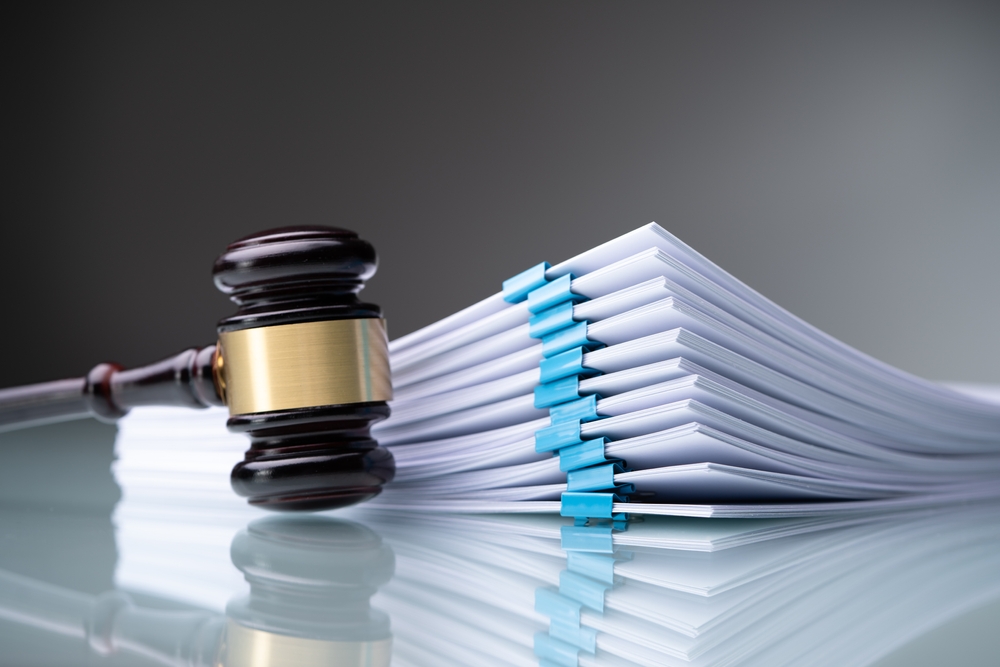
Court reporters are often considered the unsung heroes of the legal world. Although less conspicuous, their meticulous work serves as the backbone of any court proceeding. Their transcripts serve as the official record of events, capturing everything from heated arguments to whispered confessions. Yet, their job is far from simple. One crucial aspect that defines the quality of court reporting is accuracy, which we’ll explore in depth in this blog post.
The stakes in court proceedings are high, often involving people’s freedom, livelihoods, or reputations. The smallest error in transcribing testimonies, arguments, or rulings can have far-reaching implications. Therefore, court reporters must adhere to stringent standards of accuracy, ensuring that each word and nuance is captured flawlessly.
Accuracy as the Foundation of Trust
The concept of accuracy in court reporting goes beyond mere transcription; it’s fundamentally tied to the trust stakeholders place in the legal system. Whether it’s lawyers who rely on the transcript to build their cases or judges who consult it for their rulings, an inaccurate record can undermine the integrity of the entire judicial process.
When we talk about stakeholders, it’s not just the legal professionals but also the general public, whose perception of justice is shaped by the system’s reliability. A high degree of accuracy ensures that the court’s findings are based on a dependable record. This fosters public trust and bolsters the credibility of the court system and the democratic institutions it represents.
Accuracy vs. Speed: Striking the Balance
Speed is often emphasized in various professional settings, but in court reporting, speed must not come at the cost of accuracy. Court reporters are trained to type at incredibly high rates, often above 200 words per minute, to keep pace with the proceedings. However, this speed is not an end in itself but a means to ensure accurate transcription.
The real challenge for court reporters is maintaining accuracy while typing at these impressive speeds. This requires specialized training and constant practice. The stakes are high—imagine the ramifications if a ‘not guilty’ statement were incorrectly transcribed as ‘guilty.’ The essence of court reporting lies in the nuanced skill of balancing speed with extreme precision.
The Role of Technology in Enhancing Accuracy
The advent of technology has significantly influenced court reporting, offering tools that can assist reporters in achieving greater accuracy. Software platforms today provide real-time transcription capabilities, allowing immediate review and corrections, significantly minimizing the risk of unnoticed errors.
However, technology is not a replacement for human skill and judgment. Even with advanced software, the court reporter’s expertise remains central to achieving high levels of accuracy. For instance, technology may be unable to distinguish between homonyms or recognize nuances in human speech that could change the meaning of a sentence. Therefore, the role of technology should be complementary to the skills of a seasoned court reporter.
The Consequences of Inaccurate Reporting
Inaccurate reporting in court proceedings can have dire consequences, from mistrials to wrongful convictions. Errors in a transcript can misrepresent the statements of witnesses, the questions of attorneys, or even judges’ rulings. There is no room for error in a system where each word could tip the scales of justice.
Given the profound implications, court reporters who fail to maintain the requisite levels of accuracy can face professional and even legal consequences. Their certification might be revoked, or they may be subject to fines or other penalties. Not only does inaccurate reporting have immediate repercussions for specific cases, but it also erodes the long-term credibility of the court reporting profession.
Renzi Legal Resources: A Commitment to Accuracy
At Renzi Legal Resources, we understand that accuracy is not a mere procedural requirement but the lifeblood of fair judicial proceedings. Our team of highly skilled court reporters undergoes rigorous training and frequent assessments to ensure that they meet the highest standards of accuracy.
With state-of-the-art technology and a commitment to continuous improvement, we take every measure to ensure that our court reporting services are fast and impeccably accurate. We take pride in being a dependable part of the judicial process, fully recognizing the importance of our role in upholding justice.
Conclusion: The Indispensable Value of Accuracy
In conclusion, accuracy in court reporting is not an optional quality—it’s an indispensable one. It establishes the foundation upon which the judicial system’s integrity is built. From maintaining public trust to ensuring justice is served correctly, the ripple effects of accuracy in court reporting are far-reaching and profound.
If you’re in need of highly accurate court reporting services that you can rely on, look no further than Renzi Legal Resources. Our reputation for excellence is built on the cornerstone of accuracy. Contact us today to discuss how our court reporting services can support your pursuit of justice every word of the way.
